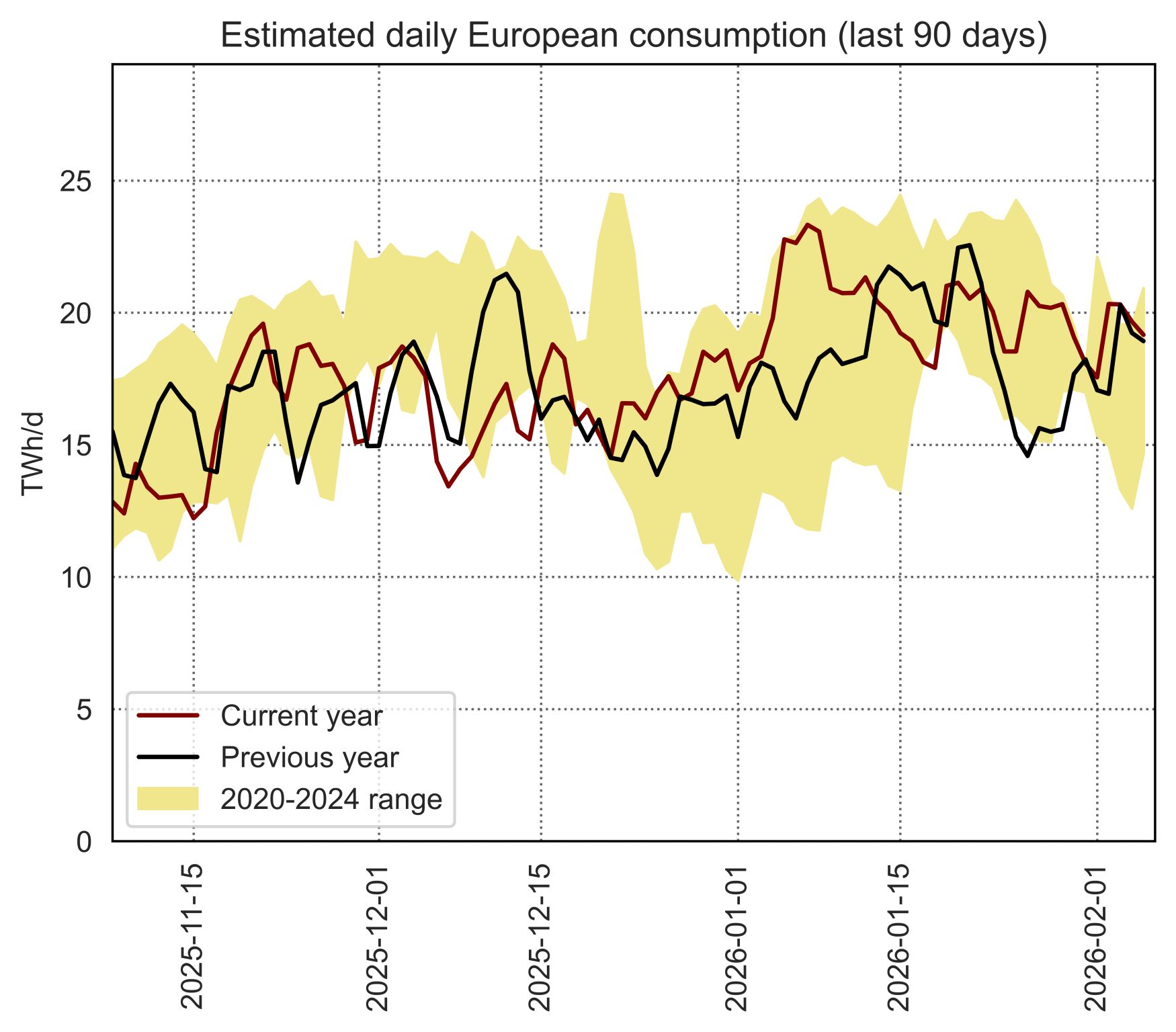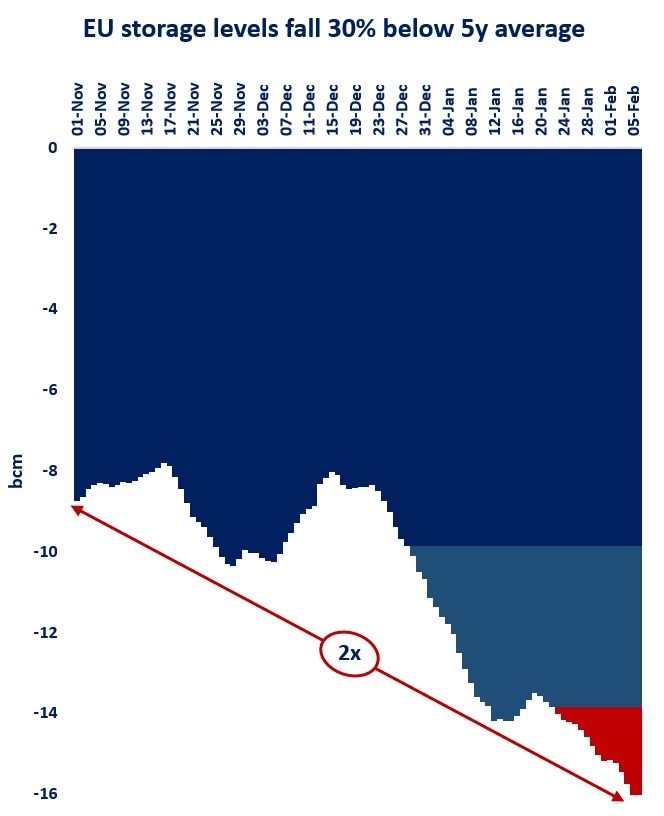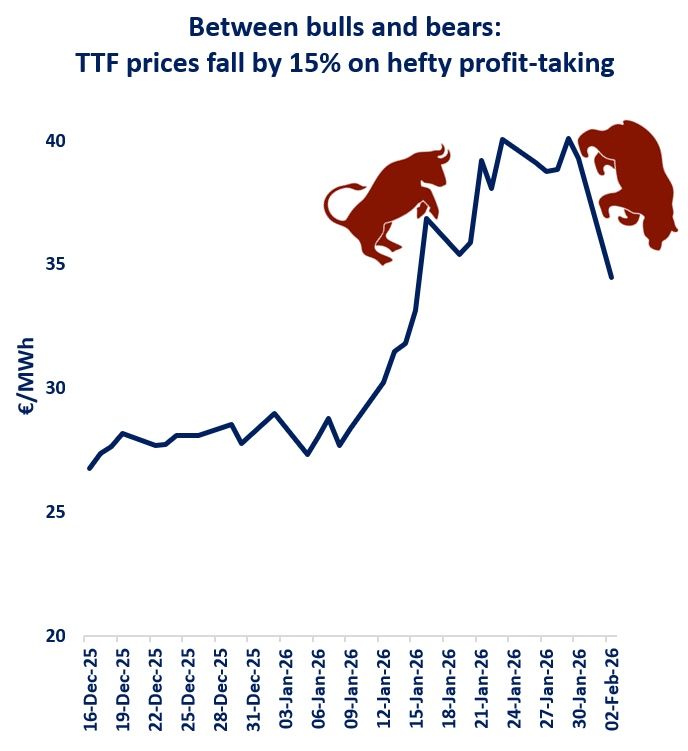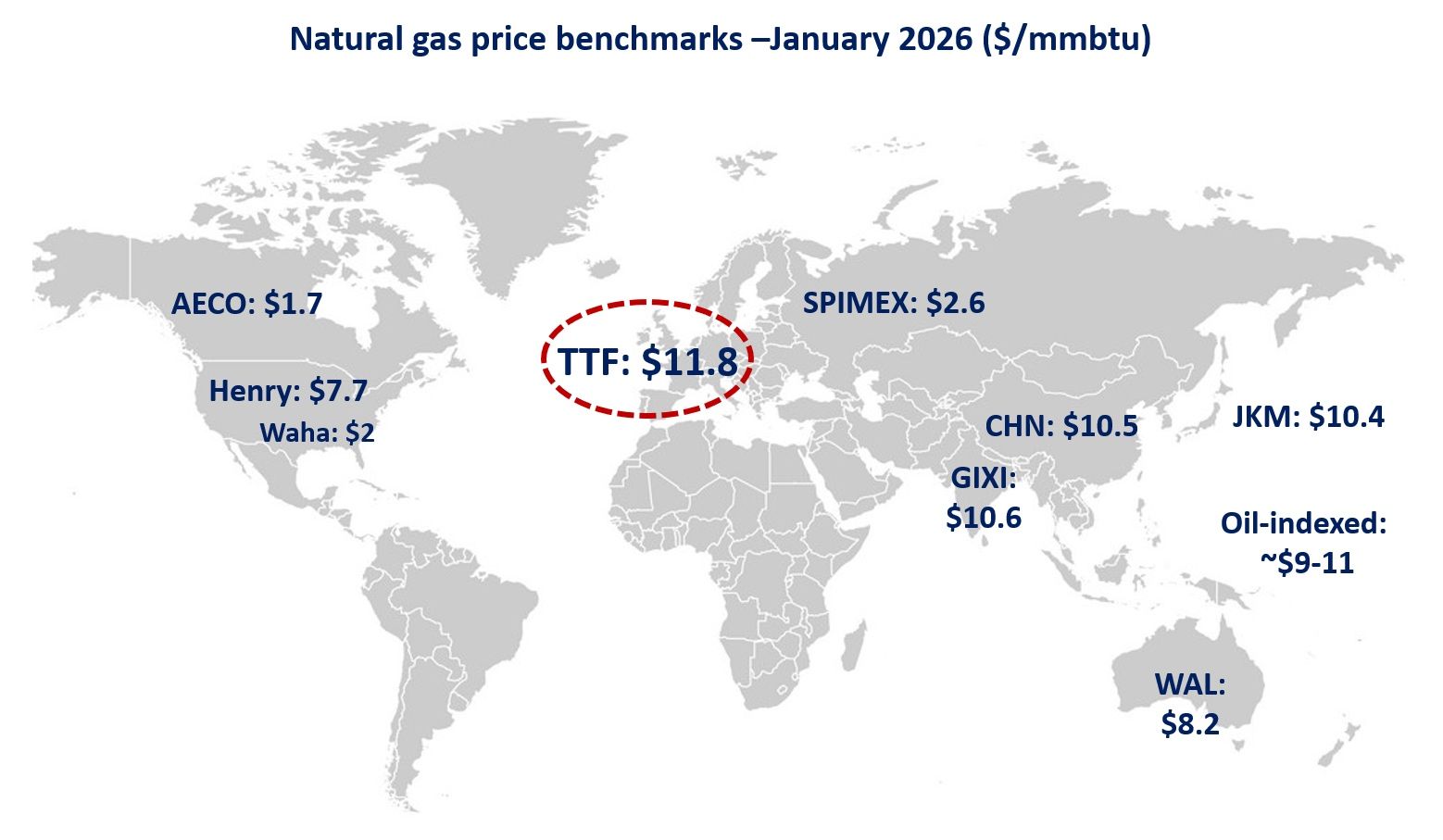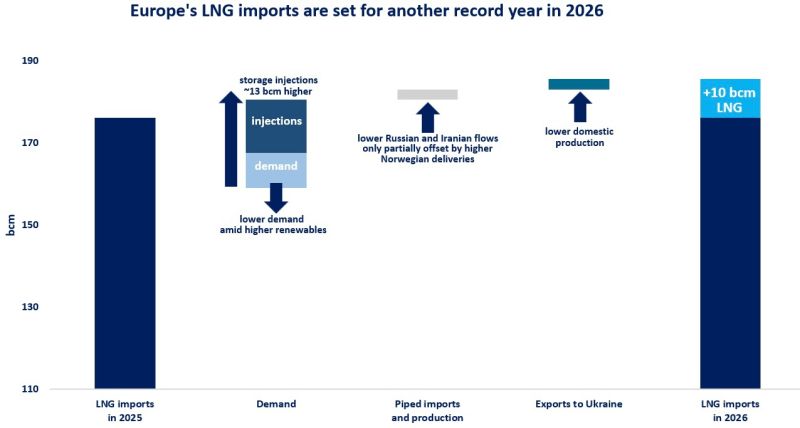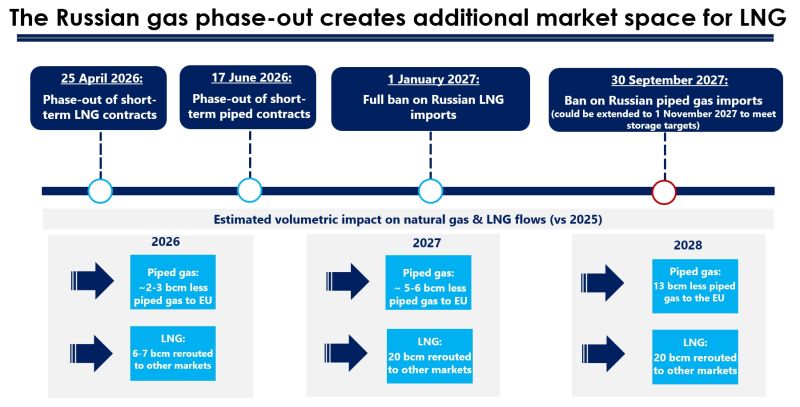
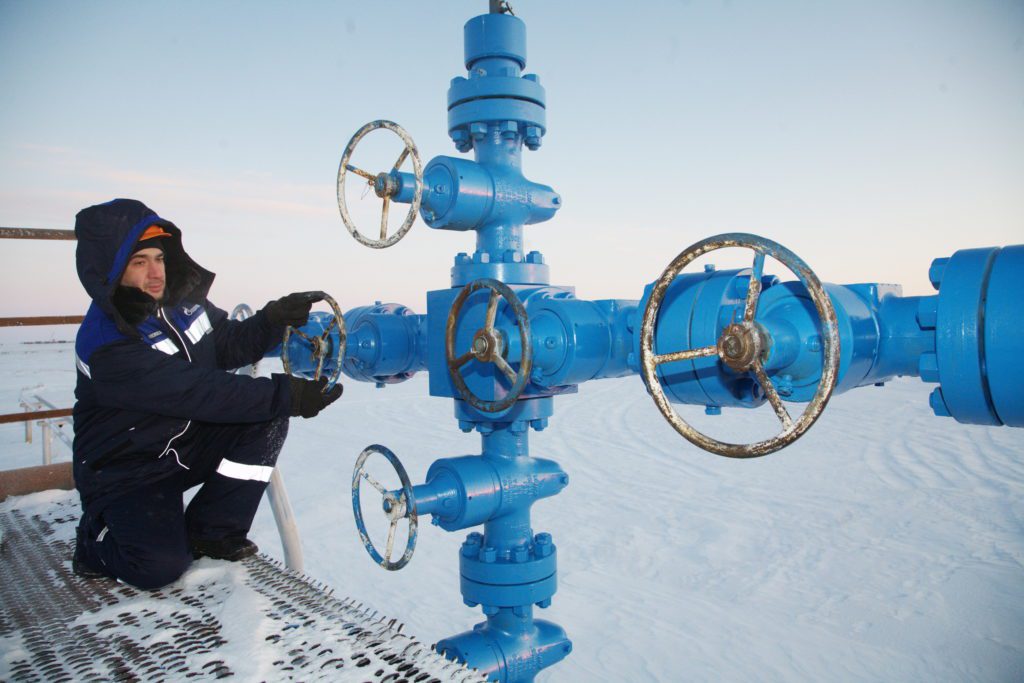
The main obstacle to energy negotiations between Russia and the EU is the clash between their perceptions of energy security. Moscow claims that the biggest threat to European energy security is Ukraine’s unreliability as a gas transit country, while Brussels believes the construction of new Russian pipelines circumventing Ukraine will do nothing to improve the EU’s energy security.
Russian oil and gas analysts, spurred on by the Ministry of Energy, are trying to create the impression that energy negotiations between Russia and the EU are moving full steam ahead. At conferences and seminars in Moscow, they tout the supposed successes of Russian negotiators, who are said to be able to convince their European counterparts of the EU’s inaccurate interpretation of key elements of the Third Energy Package, the legislative foundation for fighting monopolies and promoting competition on the European energy market.
The problem is that these successes have nothing to do with actual decision making at the level of the European Commission or other EU regulatory bodies, where negotiators can actually make decisions rather than quibble over minor regulatory imperfections: at present, Russia-EU energy negotiations don’t go beyond communication at the expert level, and are therefore absolutely pointless. For several years now, both EU and Russian officials have been making statements primarily about the prospect of resuming high-level dialogue, not about the successes of the negotiation process.
The main obstacle to energy negotiations between Russia and the EU is the clash between their perceptions of energy security. Moscow claims that the biggest threat to European energy security is Ukraine’s unreliability as a gas transit country, while Brussels believes the construction of new Russian pipelines circumventing Ukraine will do nothing to improve the EU’s energy security.
The EU points out that Ukraine has never violated its gas transit obligations, while Russia shut off the tap during some of the coldest days in 2006 and 2009, and then sharply cut the volume of exports to Europe in late 2014, each time for political reasons. Brussels believes that the real threat to European energy security is not Ukraine but rather the unpredictability of Russian authorities. The EU is thus willing to incur additional expenses and take decisive measures to reduce EU member states’ dependence on Gazprom deliveries.
As a result, the EU is looking elsewhere for its gas. Construction of the Southern Gas Corridor has begun in order to bring gas to Europe through Turkey from new sources, including Azerbaijan. Later, gas will be imported along this corridor from Iran, Iraqi Kurdistan, and possibly Turkmenistan. EU regulatory bodies have also approved a resolution to support new gas delivery routes from the Mediterranean and to develop a network of natural gas liquefaction terminals. What’s more, pipelines are being linked across national borders so that gas can be transported from one country to another if Moscow decides to suspend deliveries again.
The next step, which would go beyond the scope of the Third Energy Package, is the establishment of a European energy union that institutes standards for the sale of gas and electricity and provides a system to coordinate action in the event of a supply crisis. Some experts have even started talking about a new model for the European market in which the EU would unify its gas transportation networks and formulate a single and transparent system of tariffs on imported gas, to be applied at the point of entry into the transportation network and calculated independently of supplier and trader agreements. These kinds of ideas are growing more and more popular in Europe, but face resistance in Russia.
In the coming years, the gas market will be increasingly shaped by liquefied natural gas (LNG), which can be traded as a regular commodity worldwide, without contracts linked to the availability of long-distance pipelines. LNG supply will greatly exceed LNG demand until 2022–2024, at which point new LNG projects will be introduced and LNG tankers will overtake gas pipelines.
Europe is well prepared to replace pipeline gas with LNG: existing terminals currently operate at less than 20 percent of capacity. Obstacles to maximizing capacity include the inconsistent distribution of terminals across the continent and the shortage of cross-border connectors between national gas transportation networks. Both of these problems will gradually be resolved, after which point competition with pipeline gas will be based on cost. Gazprom, which missed the proverbial LNG boat, has already been forced to rely on price dumping in order to hold on to its position in Europe, and it’s unclear how long the Russian monopoly can afford to sell gas at a loss.
Gazprom decided to take its usual approach to fending off the LNG offensive: dispatching speakers to international conferences to argue that U.S. gas is losing the price war with Russian gas in Europe. There are two problems with this position: the math they use to calculate the prime cost of Russian gas is a bit of a stretch, and suppliers outside the United States are being ignored. Even if gas from North America is used primarily in other markets, such as Brazil and Japan, Middle Eastern producers will look to Europe to sell their excess gas. Thus, Europe is likely to be flooded with cheap gas for years to come. In Europe, as throughout the rest of the world, Gazprom’s strategy is a dead end.

